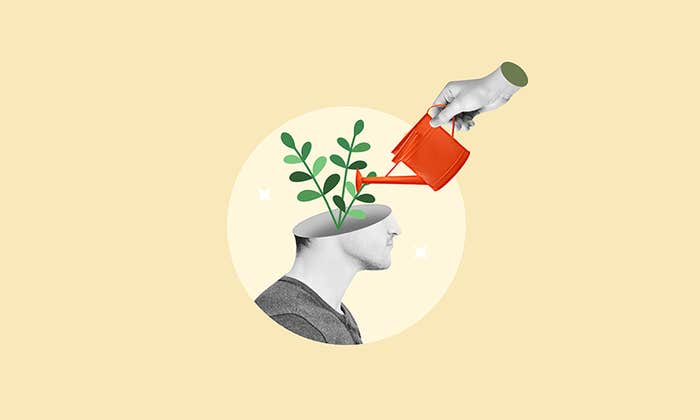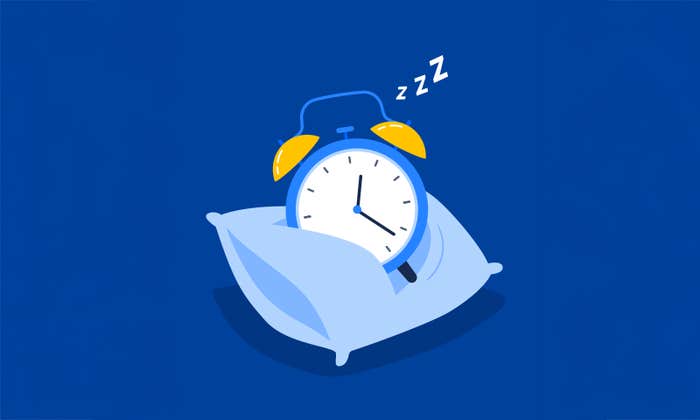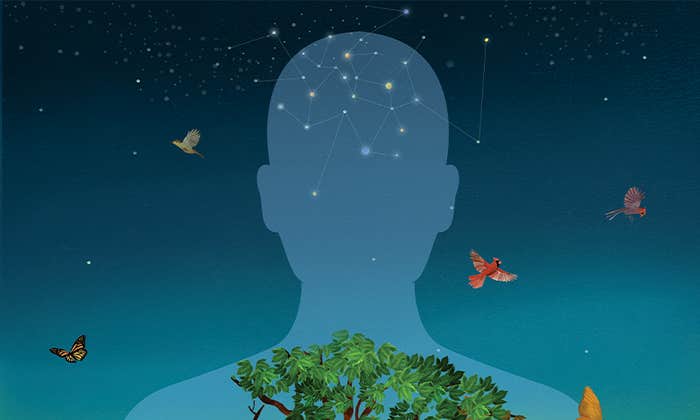
There’s a New Yorker cartoon that shows a doctor telling the patient lying in bed, “I don’t think you’re getting enough stress.”
The cartoon is funny because it plays on the idea that stress is bad—how absurd is it that a doctor would prescribe more of it? Why not just offer the patient poison?
But stress—at least in moderate amounts—may not be as harmful as we think. Stress can be beneficial: It focuses our attention, motivates us to perform at our best, and helps us anticipate and overcome problems. In fact, some of our negative experience of stress may have less to do with the nature of stress itself than in how we think about it.
For example, research led by psychologist Alia Crum, at Stanford University, suggests that people with a “stress-is-enhancing mindset” perform better under pressure and have fewer health complaints than those with a “stress-is-debilitating mindset.”
In one experiment, she and her colleagues recruited 350 employees who faced the stress of impending layoffs. Some employees watched short videos that emphasized positive aspects of stress, including its ability to help the body cope with difficult tasks, and sharpen cognitive functioning. One video showed basketball superstar LeBron James making a clutch free throw.
Other employees watched videos that demonstrated the downsides of stress: depression, anxiety, distraction. (This time, James misses the free throw.) A control group didn’t see any videos. Afterwards, employees in the first group (who saw the positive videos) reported better work performance and mental health.
Other studies have shown that people who believe stress is harmful suffer more serious health problems. An analysis of data from a 29-year-long study of thousands of London-based civil servants, for instance, found that those who believed stress affected their health “a lot or extremely” had a 50-percent greater risk than their less-concerned peers of dying from a heart attack—even after researchers adjusted for biological, behavioral, and psychological risk factors.
So rather than try to rid our lives of stress entirely, we may be better off changing our view of it. According to Harvard Business School professor Alison Wood Brooks, people often tell themselves—or are told—to calm down before an anxiety-producing event such as a performance or test. But because stress is an automatic response, she says, suppressing or hiding anxious feelings is ineffective and can make you feel even more freaked out. She advises to instead reframe anxiety as excitement. “Whereas anxiety is a negative, aversive emotion that harms performances,” Brooks writes, “excitement is a positive, pleasant emotion that can improve performance.”
In one study, for example, she asked 113 participants to sing a karaoke version of the Journey song “Don’t Stop Believin’ ” in front of the group. Before singing, she had each volunteer say (and try to believe) one of four randomly assigned statements: “I am anxious,” “I am excited,” “I am calm,” or nothing. Video-game software scored their performances on measures such as volume, pitch, and rhythm. Those who had said “I’m excited” got the highest scores. (Other studies showed similar results for public speaking and math exercises.)
Kelly McGonigal, author of The Upside of Stress, argues that we can similarly improve our relationship to stress by reminding ourselves that embracing it requires tolerating ambiguity and uncertainty in our lives, and that it is “something that everyone deals with, and not something that proves how uniquely screwed up you or your life is.”
That’s not to say we should ignore that stress can be destructive, too. “Choosing to see the upside of stress isn’t about denying the fact that stress can be harmful,” McGonigal told theStanford News Service. “It’s about trying to balance your mindset so that you feel less overwhelmed and hopeless about the fact that your life is stressful.”
Stress can be a privilege, allowing us to take risks, to innovate and to explore. All we have to do is believe it.
Alina Tugend is a New York-based journalist and author of Better by Mistake: The Unexpected Benefits of Being Wrong. Her website is www.alinatugend.com.


























